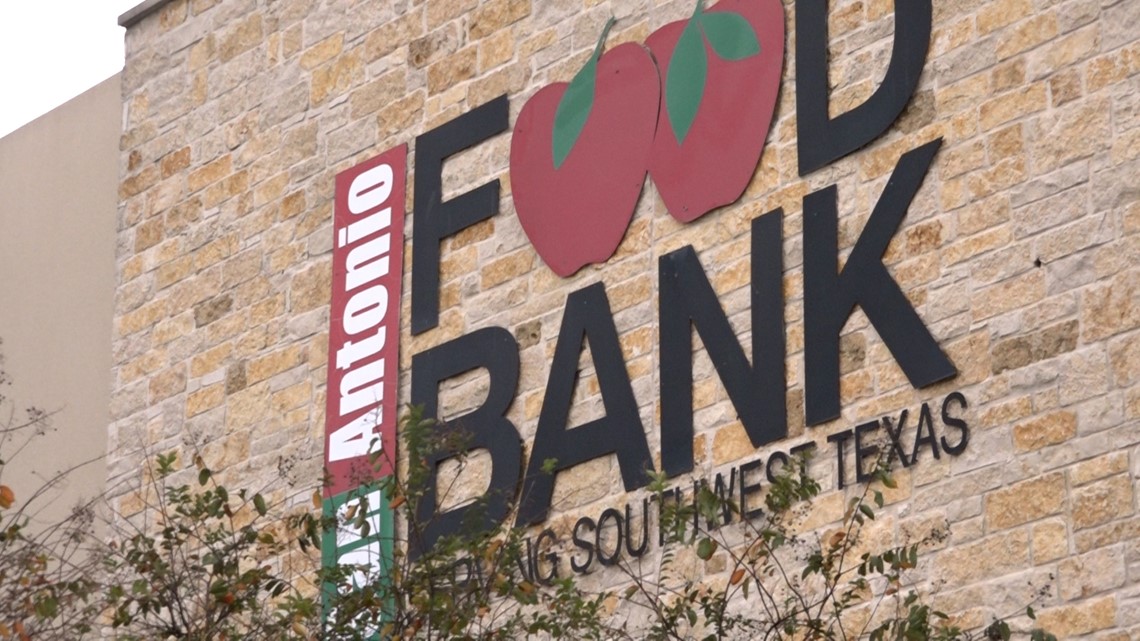
One aspect of the Senate’s reconciliation bill would slash $180 billion from SNAP to help fund tax cuts for high-income earners.
SAN ANTONIO — While Washington lawmakers debate a sweeping bill with wide-ranging impacts, advocates for low-incomes families are continuing to express concern, including the head of the San Antonio Food Bank.
The so-called “Big Beautiful Bill” proposes more than $3 trillion in tax cuts, largely benefiting high-income earners. To offset the cuts, the bill aims to slash funding for key federal programs, including more than $180 billion in cuts to the Supplemental Nutrition Assistance Program (SNAP), formerly known as food stamps.
Eric Cooper, CEO of the San Antonio Food Bank, has been keeping busy in Washington D.C., pushing lawmakers to reconsider the approval of provisions to SNAP that would mark the biggest rollback in federal food assistance in U.S. history.
“Just begging that they make a decision to help families put food on the table,” Cooper said. “We’re literally taking money from the poor and giving it to the rich. It is the biggest betrayal of services to those that are vulnerable that I’ve ever seen in my 32-year career. It’s the opposite of Robin Hood.”
Under the proposed legislation, policy changes would result in stricter work requirements for certain recipients, which could affect SNAP eligibility. States would be required to shoulder a portion of SNAP costs. Historically, SNAP has been fully federally funded.
In Texas alone, more than 3.4 million people rely on SNAP to help feed themselves and their families. Cooper fears the cuts would directly impact thousands of households in San Antonio and beyond.
Cooper has noted the San Antonio Food Bank has lost $12 million in funding, which had led to less food being distributed, prompting challenges with meeting increased demand.
The Senate’s version of the budget reconciliation bill narrowly passed on Tuesday with Vice President JD Vance breaking the tie 51-50 votes.
House lawmakers are now debating the legislation, that also includes a nearly $1 trillion reduction in Medicaid funding over the next decade.
Medicaid remains the nation’s largest health insurance program for low-income Americans, which includes people with disabilities, older adults and children.
University of Texas at San Antonio political science professor Jon Taylor said the proposed changes could strip Medicaid coverage from as many as 1.6 to 1.8 million Texans and potentially force the closure of over a dozen rural hospitals.
“With Medicaid cuts alone, the potential for 15 or more rural hospitals to close means you’re now limiting health access,” Taylor said. “This is a budget buster. It’s going to add anywhere between $3 to $4 trillion in federal debt.”
Supporters of the bill argue the tax cuts will spur economic growth and investment. However critics warn the cost will be borne by the nation’s most vulnerable populations.
The House is expected to vote on the legislation this week.
